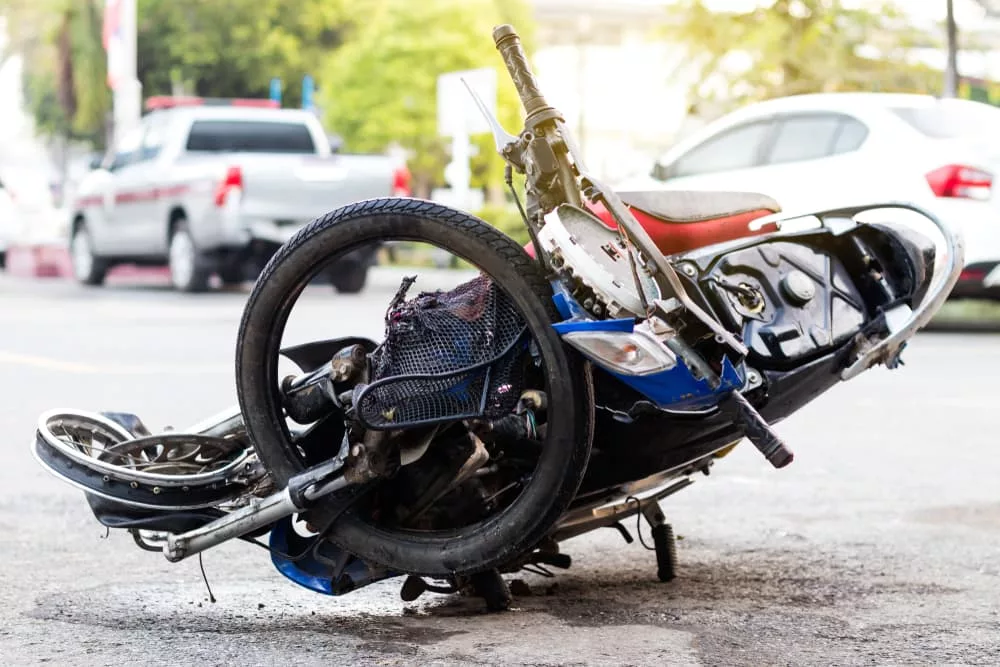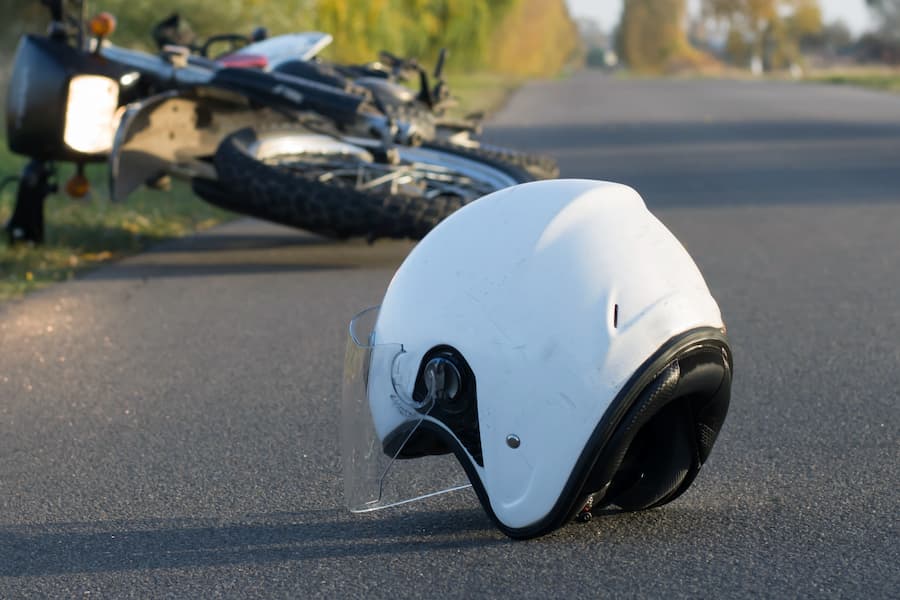An accident can severely damage your motorcycle. You may file a claim with your collision coverage or against the property damage liability coverage of the driver who hit you to obtain money for repairs. But after evaluating your motorcycle’s condition, the insurance company may total your motorcycle.
When the insurance company totals a motorcycle, it determines that the high cost of repairing accident damage makes fixing the bike not economically feasible. Instead, the insurance company will pay you the pre-accident value of the motorcycle minus certain deductions. Reach out to a Miami motorcycle accident lawyer.
You can either surrender the bike to the insurance company or keep it for a reduced payment to repair or scrap it yourself. A totaled motorcycle will receive a new title document that alerts anyone reviewing its vehicle history to the fact that it sustained severe damage.
Insurance companies calculate a motorcycle’s value for the total loss determination and subsequent insurance payment based on the motorcycle’s make/model, age, mileage, and condition. But you can contest an insurer’s determination or its calculations. You could pursue a greater amount of compensation to repair your motorcycle or argue for more money for the loss of your bike.
What Does It Mean When the Insurance Company Totals Your Motorcycle?
When an insurance company “totals” your motorcycle or declares it a total loss, the insurer has determined that the cost to repair accident damage to your motorcycle exceeds the value of the bike or a percentage of the bike’s value as set by the terms of the insurance policy. Insurance companies may declare vehicles a total loss even if no significant damage occurred.
For example, when an expensive component of a vehicle gets damaged and needs replacing, the cost of replacing that component may exceed the vehicle’s value. An insurance company may declare a total loss either when it covers a motorcycle under comprehensive/collision coverage or when compensating a motorcycle accident victim from property damage liability coverage.
What Factors Determine When an Insurance Company Totals a Motorcycle?
Insurers may consider various factors when declaring an accident-damaged motorcycle a total loss.
These factors include:
- The value of the motorcycle. Insurers calculate the fair market value of a motorcycle based on its original purchase price, age, condition, and mileage. Insurers may also refer to vehicle value guides, which often incorporate data on sales of motorcycles of the same make/model/year.
- The salvage value of the motorcycle. Insurers also consider the amount of money they could acquire from scrapping the motorcycle for usable parts and recyclable materials.
- The cost of repairs. Insurers will calculate how much it would cost to repair a damaged motorcycle by adding up replacement parts and labor expenses.
- Whether repairs can make the motorcycle safe to ride. An insurer may declare a damaged motorcycle a total loss if it determines that the bike has suffered such catastrophic damage that no repairs will restore it to a safe condition.
How Does an Insurance Company Decide To Declare a Motorcycle a Total Loss?
Here’s how an insurance company deems a motorcycle a total loss after an accident:
- First, the motorcycle’s owner must file a damage claim with the insurance company. An owner may make a damage claim under comprehensive/collision or an uninsured/underinsured motorist property damage coverage in the owner’s motorcycle insurance policy. Or the owner may file a claim against another driver’s property damage liability coverage after getting hit by that driver.
- Next, an insurance adjuster will inspect the damage to the motorcycle to begin calculating estimated repair costs. The adjuster will also gather information about the motorcycle’s features, mileage, and condition to determine its pre-accident value.
- If the insurance company determines that repair costs exceed a defined threshold percentage of the motorcycle’s value, it will notify the owner of the total loss determination and apply for a salvage title.
- The motorcycle’s owner can choose to surrender it for a payment equal to its actual cash value minus applicable deductibles or keep it and receive a reduced payment.
How Does the Insurance Company Calculate Your Payout From a Total Loss?
When the insurance company declares your motorcycle a total loss after an accident, it will pay you the actual cash value of the motorcycle. The “actual cash value” refers to the motorcycle’s value immediately before the accident. Insurers base the actual cash value of a totaled motorcycle on the condition, age, mileage, and make and model of the bike on the day the accident occurred.
You can negotiate the actual cash value of your totaled motorcycle with the insurance company if you disagree with their initial calculation. You may use evidence of the fair market value of your motorcycle, such as value guides published by NADA or Kelley Blue Book, to argue for a higher actual cash value. Other evidence, such as photographs of your motorcycle showing its condition before the accident, may also help you argue for a higher value.
Once you and the insurer agree on your motorcycle’s actual cash value, the insurance company will pay you that amount minus any applicable deductibles. However, suppose you choose to keep the motorcycle. In that case, the insurance company will also deduct the motorcycle’s salvage value since the insurance company won’t recoup that money by selling the wrecked motorcycle for salvage or rebuilding.
What Happens to Your Motorcycle After a Total Loss?
When an insurer declares a motorcycle a total loss after an accident, the company must obtain a salvage title or certificate of destruction from the DMV after reimbursing the motorcycle’s owner. A salvage title merely shows that an insurance company wrote off the motorcycle as a total loss following an accident. A certificate of destruction authorizes the dismantling or destruction of a totaled motorcycle.
When you accept reimbursement of the actual cash value of your totaled motorcycle, the insurance company will take possession of the bike. After that, the insurer will sell the motorcycle to a salvage yard, which will scrap the bike to obtain any valuable parts or recyclable materials.
Alternatively, the insurance company will sell the bike to an auto repair shop if it can rebuild it and make it safe. The shop can then sell the motorcycle as rebuilt. However, if an auto shop rebuilds a totaled motorcycle, the bike will retain its salvage title to alert potential buyers that it had sustained severe damage in its history.
However, you can keep and repair your motorcycle after the insurance company declares it a total loss.
If you choose to keep a totaled motorcycle, the insurance company will pay you:
- The bike’s actual cash value minus its salvage value, or
- The amount of money the insurance company would have recovered by selling the bike to a salvage yard or auto shop.
You can use that money to repair or rebuild your motorcycle. But the bike will still keep its salvage title after repairs. Suppose you and the insurance company agree to repair the motorcycle and the cost of repairs exceeds 100 percent of the cost of replacing the bike with one of like kind and quality. The motorcycle will receive a Total Loss Vehicle title in that case.
In addition, the insurance company will also put the total loss declaration on the motorcycle’s vehicle history report. You may have difficulty insuring or later selling your rebuilt motorcycle with a salvage or total loss vehicle title.
Alternatively, you can sell your motorcycle to a salvage yard or auto shop, just as the insurance company would if it took possession of the bike. You may even recover more money from scrapping the bike and selling its parts than you lost from the deducted salvage value if you visit multiple salvage yards or sell the parts yourself.
What Happens if You Still Owe Money on a Totaled Motorcycle?
If you still owe money on the loan you took out to purchase the motorcycle, the insurance company will first send money from the total loss payment to your lender to pay off your loan. You would receive the balance of the funds if the value of your motorcycle exceeded the amount of money you still owed on your loan.
However, if you owe more than the value of your motorcycle, you will continue to owe any amounts remaining on your loan after the insurance payment. You must continue to make your loan payment even though you may no longer have possession of your motorcycle. Depending on the terms of your loan, a declaration of total loss may allow your lender to accelerate the loan’s balance and declare it immediately due.
Purchasing gap insurance can protect you from financial liability if your motorcycle gets totaled in an accident. Gap insurance will pay any remaining balance on your motorcycle loan if the insurance company totals your bike. Some policies will also compensate you for your comprehensive/collision policy deductible.
Disputing the Insurance Company’s Total Loss Determination or Payout Calculation
You don’t have to accept the insurance company’s determination of total loss or its calculation of your payout. Most insurance companies offer internal appeal or dispute resolution processes for you to contest the insurer’s determination.
You can contest a total loss determination by presenting evidence to challenge the insurance company’s calculation of your motorcycle’s fair market value or the costs of repairs. By increasing the value of your motorcycle or decreasing repair expenses, you may show that the repair cost doesn’t exceed your motorcycle’s value or the insurance company’s threshold for total loss.
Even when you accept the total loss determination, you can still negotiate your motorcycle’s actual cash value to increase the money you receive from the insurance payout.
Presenting fair market value data from sources such as Kelley Blue Book or NADA or evidence of your motorcycle’s condition before the crash can help you better settle your total loss claim. You can also consult with motorcycle appraisers who can provide reports that sway the insurance company’s decision.
Depending on the insurance policy’s terms, you may have an obligation to arbitrate your dispute if the insurance company demands arbitration.
Steps you should take if you need to contest the insurance company’s decision include:
- Gather any records or documents relating to your motorcycle, including purchase paperwork, maintenance records, or photographs.
- Look up your motorcycle’s value on trusted resources such as NADA or Kelley Blue Book.
- Consult a vehicle appraiser to obtain a valuation for your motorcycle, if necessary.
- Get repair quotes from several auto shops if you contest the insurance company’s total loss determination based on its estimates of repair costs.
- Review the insurance policy’s terms to confirm how the insurance company calculates motorcycle values, what thresholds (if any) constitute a total loss, and what dispute rights you may have.
Motorcycle Owners’ Rights and Responsibilities After the Insurance Company Declares Their Bike a Total Loss Following an Accident
After you submit a damage claim for your motorcycle following an accident, the insurance company may deem the bike a total loss if the repair cost exceeds the motorcycle’s value or a threshold percentage.
The insurance company will calculate your motorcycle’s value based on its:
- Make
- Model
- Age
- Mileage
- Condition
Once they’ve determined the value, they will pay you the actual cash value minus any applicable deductibles. You can either turn your motorcycle over to the insurance company or keep the bike to repair or salvage yourself.
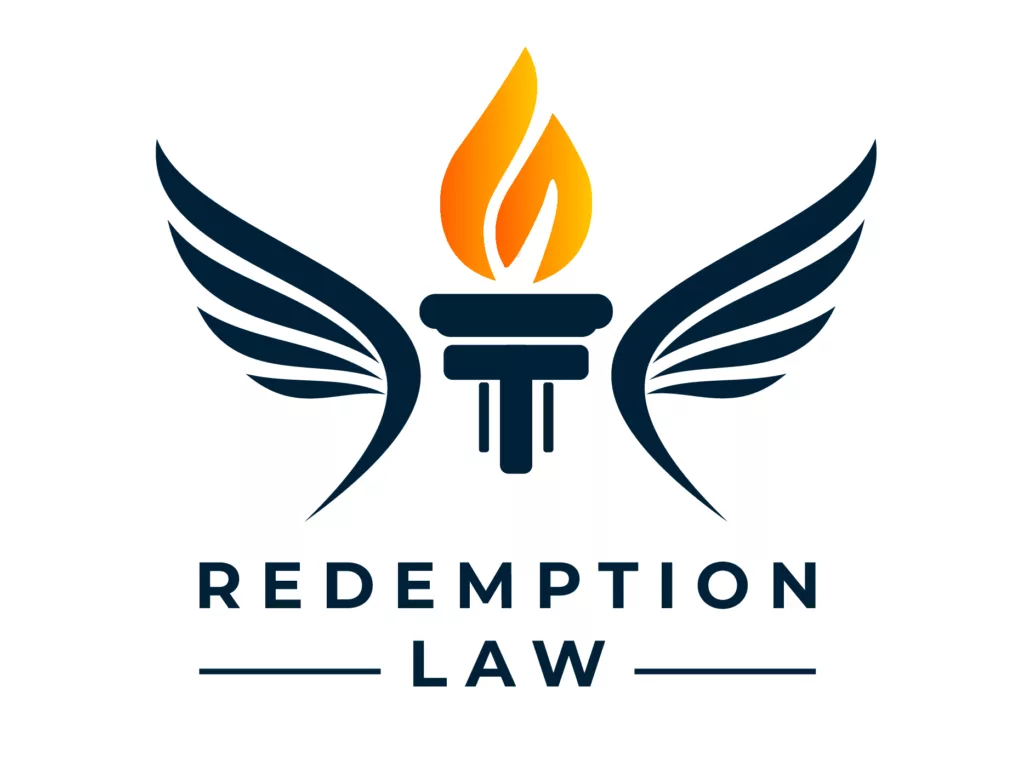
However, keeping the motorcycle means the insurer will deduct its salvage value from your payment. Any motorcycle declared a total loss will permanently bear a salvage or total loss title to inform the motorcycle’s future purchasers or insurers that it has suffered significant damage. Reach out to a Miami personal injury lawyer.
You can contest the insurance company’s total loss determination or its calculation of your insurance payment through the insurer’s internal processes or by filing a legal claim.
A motorcycle accident attorney can help you recover fair value for your motorcycle after an accident. You should contact a lawyer as soon as possible after a crash or when the insurance company notifies you that it wants to declare your motorcycle a total loss.
Related articles
Related articles Related articles Related articles Related articles Related articles Related articles Related articles Related articles Related articles Related articles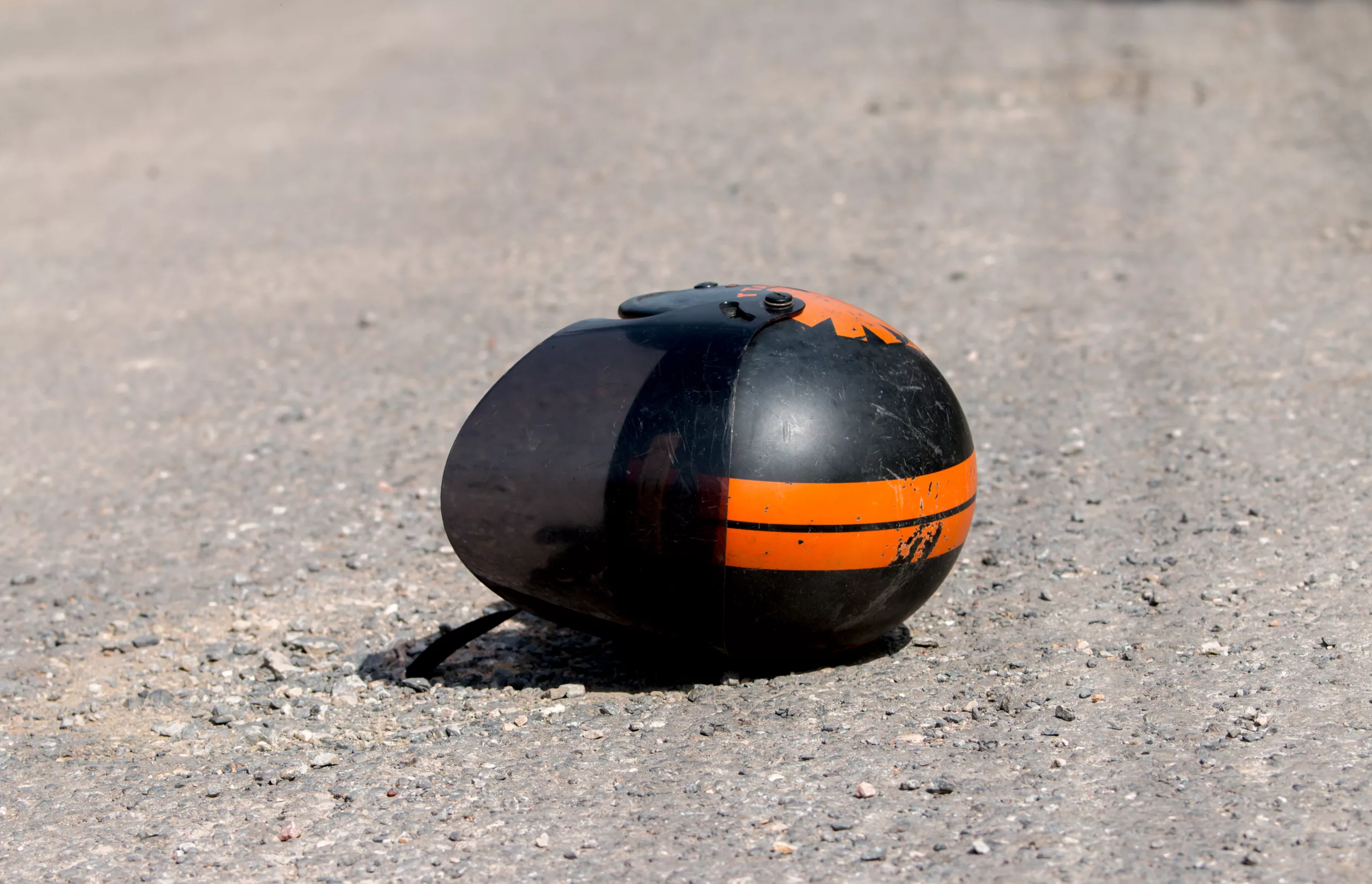
Motorcycle
16 Apr 2024
What Happens if a Road Hazard Causes My Motorcycle Accident?
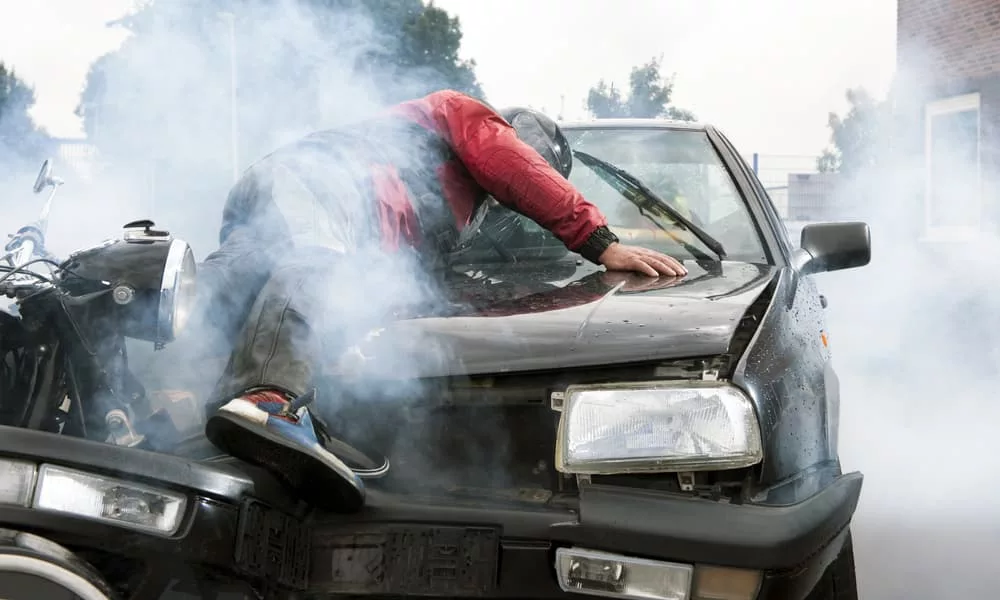
Motorcycle
04 Oct 2023
What Is the Average Payout for a Motorcycle Accident?
